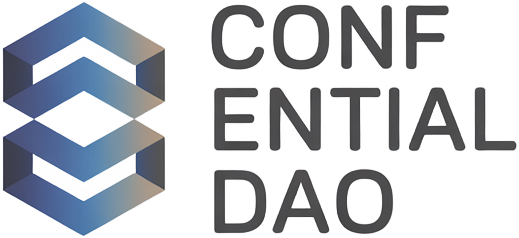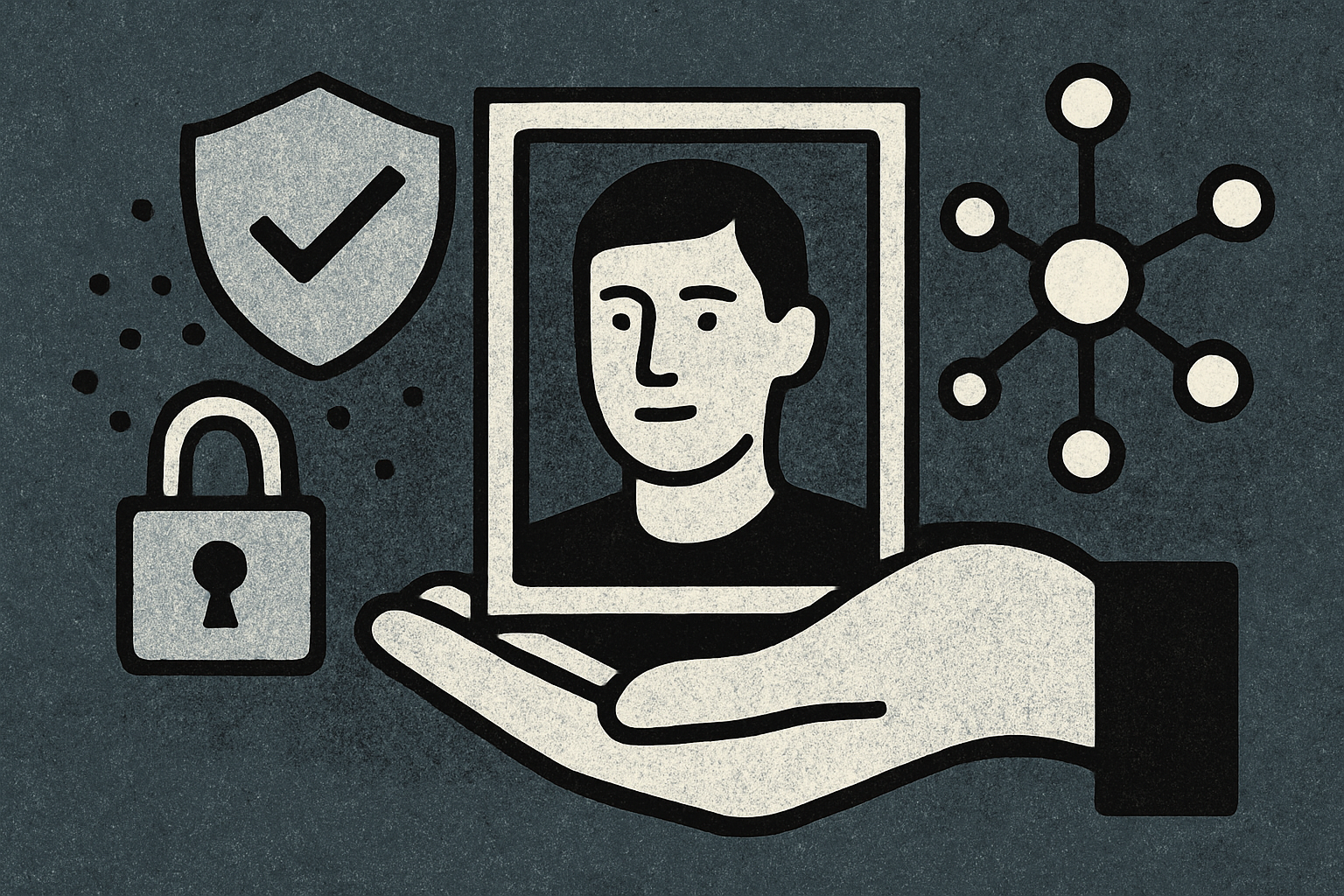
The evolution of Decentralized Autonomous Organizations (DAOs) has brought both unprecedented transparency and a new set of privacy challenges. In the open world of blockchain, every transaction and governance decision is publicly visible by default. While this radical openness supports accountability, it can also undermine member confidentiality, expose sensitive financial data, and even enable coercion in voting processes. Enter zero-knowledge proofs (ZKPs) – cryptographic tools that are rapidly transforming how DAOs approach privacy.
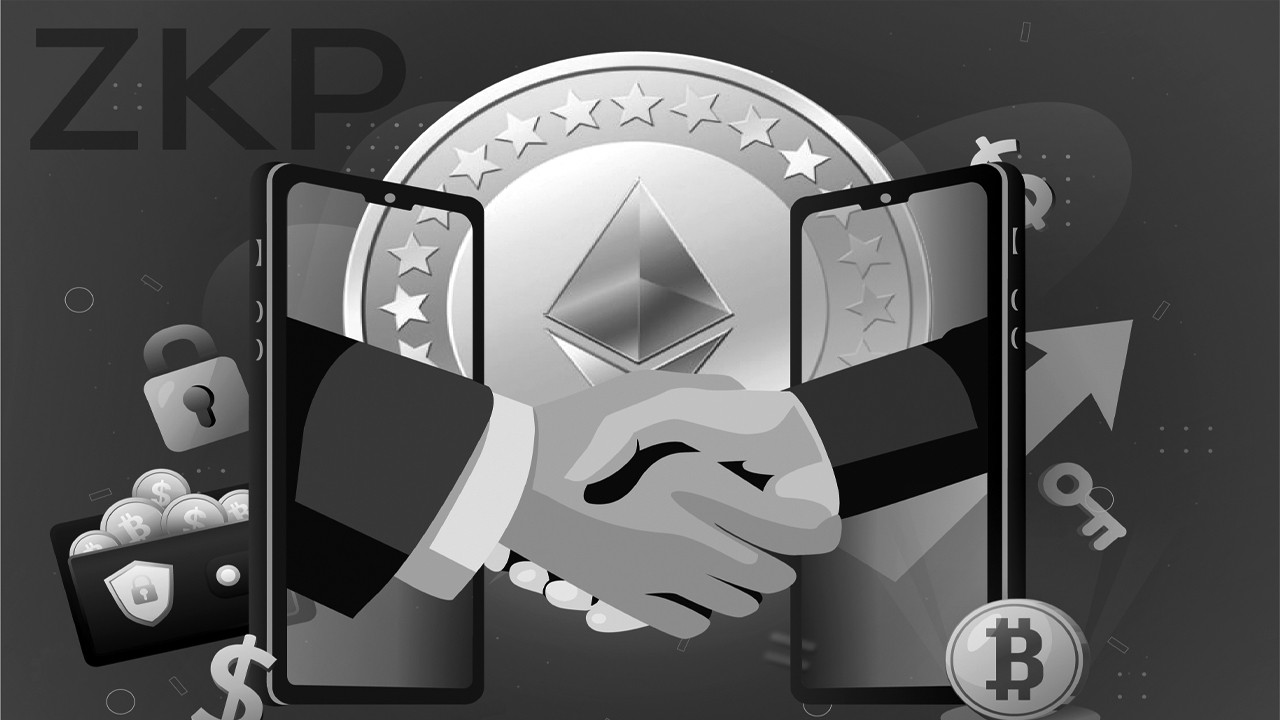
What Are Zero-Knowledge Proofs and Why Do They Matter for DAOs?
Zero-knowledge proofs are a breakthrough in cryptography that allow one party to prove the truth of a statement to another party without revealing any underlying information. For DAOs, this means members can validate actions – such as casting a vote or receiving payment – without exposing their identity or the details of their participation. Think of ZKPs as a way to unlock trustless collaboration while preserving privacy where it matters most.
In practice, zero-knowledge systems like zk-SNARKs (Zero-Knowledge Succinct Non-Interactive Argument of Knowledge) enable confidential DAO operations that were previously impossible on public blockchains. Instead of choosing between transparency and privacy, DAOs can now have both: public verifiability with private details.
Key Applications: How ZKPs Enhance Privacy in DAO Governance
The integration of ZKPs into DAO frameworks is already reshaping core governance processes:
- Anonymous Voting: With ZKPs, DAOs can implement confidential voting systems where members’ choices remain hidden but votes are verifiably counted. Protocols like MACI (Minimum Anti-Collusion Infrastructure) utilize zk-SNARKs to ensure that votes are both tamper-resistant and private, reducing the risk of voter coercion or retaliation.
- Private Membership Verification: Members can prove eligibility to participate in governance without disclosing wallet addresses or personal identifiers. This fosters inclusivity while safeguarding against Sybil attacks and unwanted surveillance.
- Confidential Treasury Management: Sensitive financial operations – payroll, grants, contributor payments – can be validated on-chain without revealing transaction amounts or recipient identities. Projects like STP DAO leverage ZKPs for payroll confidentiality, protecting contributors from targeted attacks or competitive intelligence gathering.
This duality – transparency for verification, privacy for individuals – is what makes zero-knowledge proofs so compelling for modern decentralized organizations.
The Real-World Impact: Leading Projects Pioneering Private DAO Governance
The adoption curve for zero-knowledge technology within DAOs is accelerating quickly. High-profile case studies illustrate its growing importance:
- Aragon DAO: Integrates ZKP-based private voting so that members can participate in crucial decisions anonymously while ensuring each vote’s legitimacy.
- MACI by Ethereum Foundation: Sets a new standard for anti-collusion and privacy-preserving voting using zk-SNARKs as foundational infrastructure (learn more about MACI here).
- Cardano Project Catalyst: Implements zk-SNARK-powered ballot protocols for proposal voting, offering both verifiability and confidentiality at scale.
- STP DAO: Uses zero-knowledge proofs not only for voting but also for payroll management and treasury disbursements (see implementation details here).
This momentum highlights how practical applications of ZKP technology are no longer theoretical but operationally critical across leading decentralized organizations.
Toward Confidential Yet Compliant Governance
A common misconception is that increased privacy must come at the expense of regulatory compliance or collective trust. Zero-knowledge proofs challenge this assumption head-on. By enabling proof-of-membership or proof-of-vote without revealing identities or transaction specifics, DAOs can meet compliance requirements while defending user confidentiality (explore compliant approaches here). This balance will be essential as regulations around digital assets mature globally.
Importantly, the use of zero-knowledge proofs in DAOs does not mean sacrificing transparency altogether. Instead, ZKPs allow organizations to prove that rules are being followed, such as only eligible members voting or funds being distributed according to protocol, without exposing the granular details that could put individuals or the DAO at risk. This nuanced privacy model is already shaping how next-generation DAOs structure their governance and operations.
Real-World DAO Uses of Zero-Knowledge Proofs
-
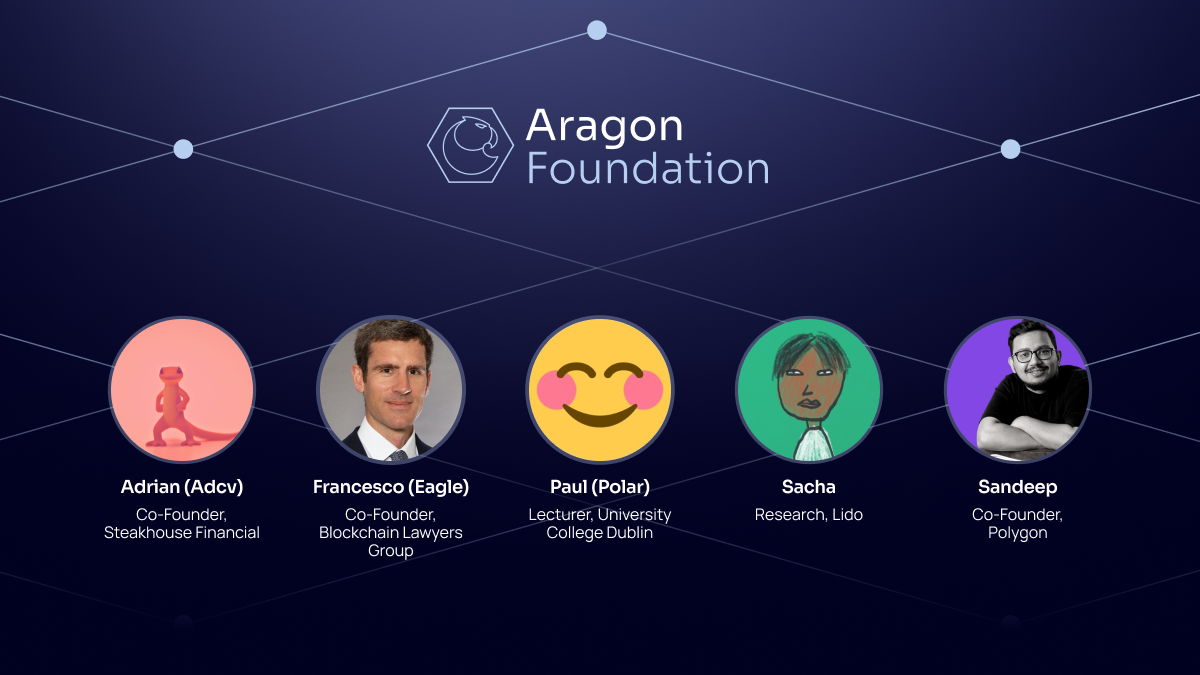
Aragon DAO: Private Voting for Governance — Aragon DAO integrates zero-knowledge proofs to enable private, verifiable voting. Members can cast votes anonymously, ensuring privacy while maintaining the integrity of governance decisions.
-
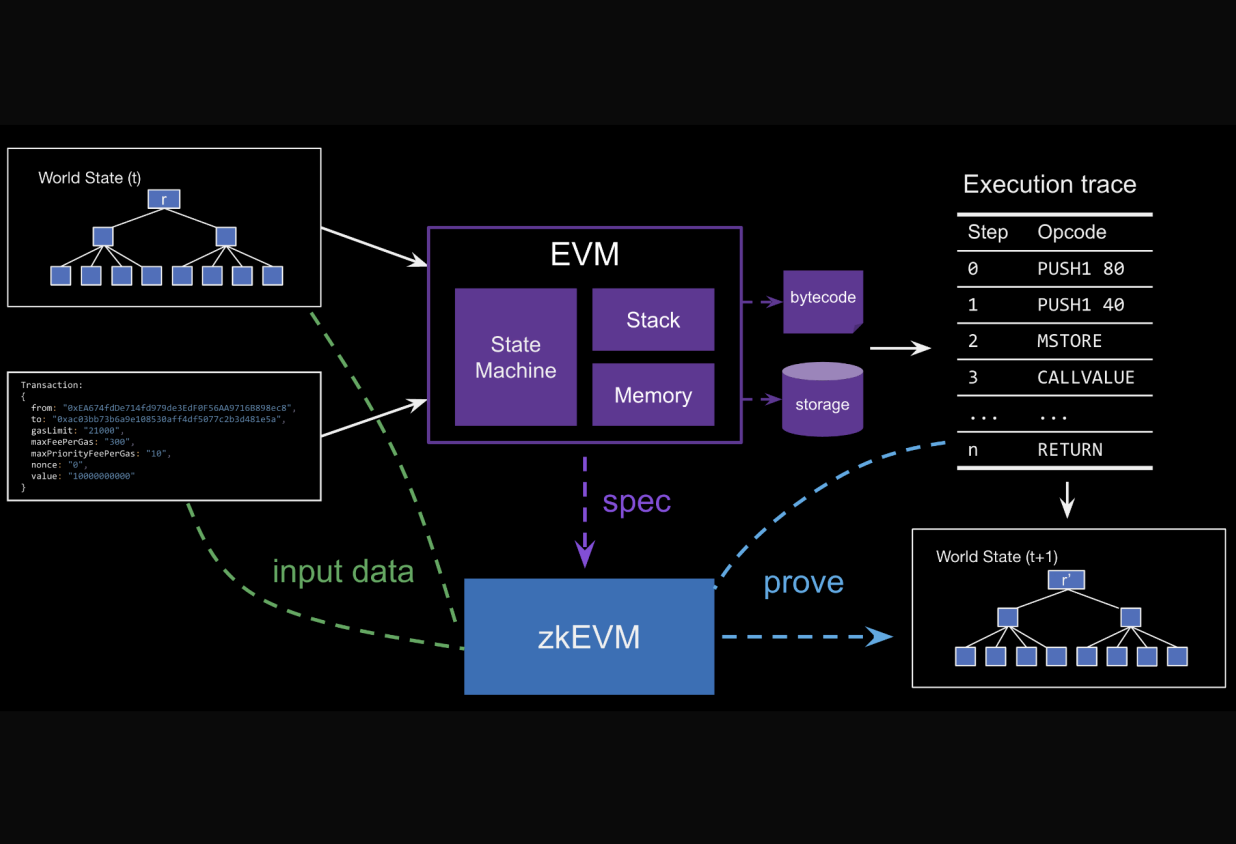
MACI (Minimum Anti-Collusion Infrastructure): Anonymous, Tamper-Resistant Voting — Developed by the Ethereum Foundation, MACI uses zk-SNARKs to provide anonymous and tamper-resistant voting in DAOs, protecting voter identities and preventing vote manipulation.
-

STP DAO: Confidential Payroll and Treasury Management — STP DAO employs zero-knowledge proofs to process private on-chain payroll and manage treasury transactions, keeping salary and fund movements confidential while ensuring all payments are valid.
-
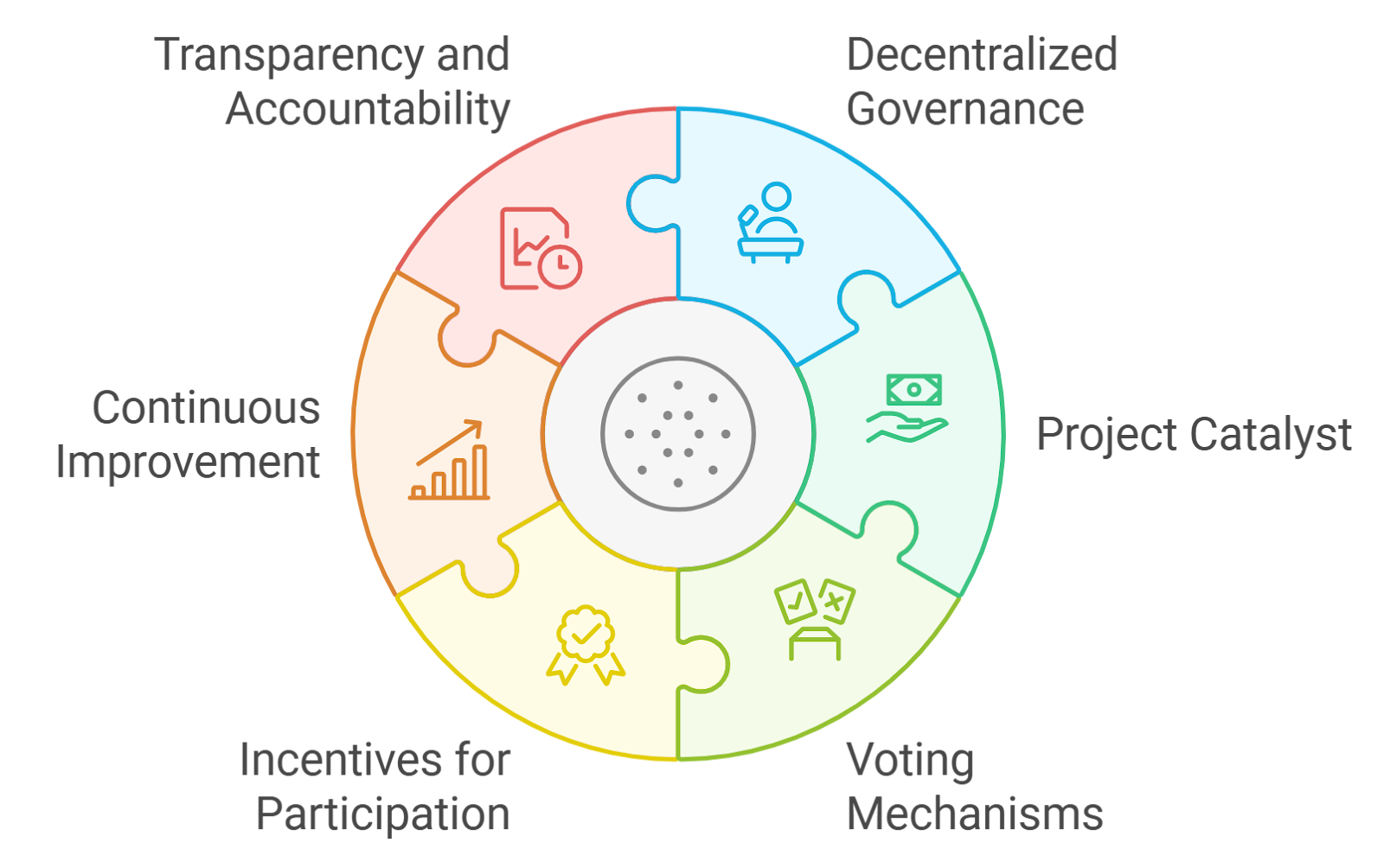
Cardano Project Catalyst: zk-SNARK-Based Private Voting — Project Catalyst, Cardano’s DAO governance platform, implements a zk-SNARK-based voting protocol that enables private, verifiable voting and keeps proposal outcomes confidential.
-
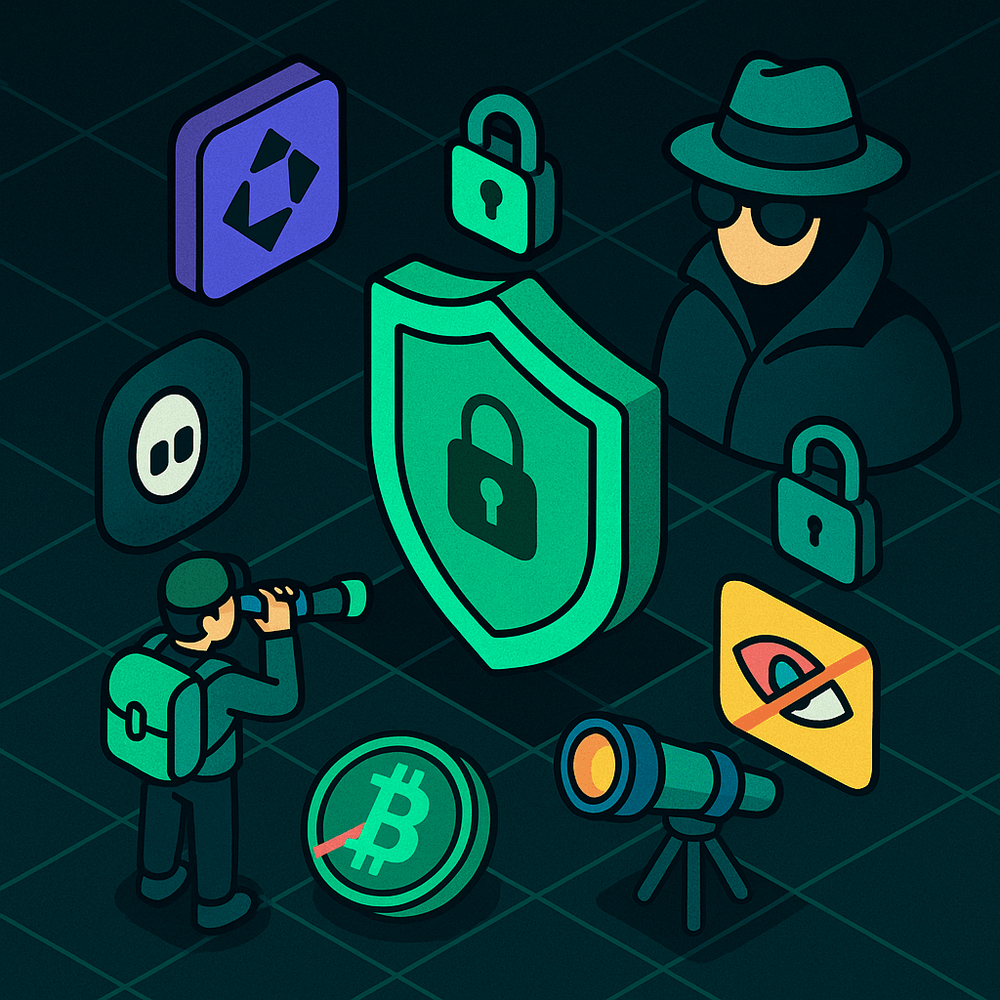
Aztec Network: Confidential On-Chain Transactions — Aztec Network leverages zero-knowledge proofs to allow DAOs and users to conduct private, encrypted transactions on Ethereum, ensuring sensitive financial details remain hidden from the public blockchain.
Challenges and Considerations for Implementing ZKPs in DAOs
Despite their promise, implementing zero-knowledge proofs in decentralized autonomous organization privacy frameworks is not without hurdles. The cryptographic complexity behind zk-SNARKs and similar systems can introduce higher computational costs and longer transaction times compared to traditional blockchain operations. Additionally, designing user-friendly interfaces for confidential voting blockchain protocols remains a challenge, users must be able to trust and easily interact with these advanced cryptographic tools.
Another consideration is interoperability. As more DAOs adopt ZKP-based solutions, standards for integration across different blockchains will become increasingly important. Collaboration between protocol developers and privacy advocates is essential to ensure that privacy enhancements do not inadvertently fragment the broader DAO ecosystem.
The Road Ahead: Privacy as a Catalyst for DAO Growth
The trajectory is clear: as regulatory scrutiny intensifies and user expectations evolve, private DAO governance will move from a niche concern to a fundamental requirement. By leveraging zero-knowledge proofs, DAOs can unlock new forms of participation, attracting contributors who value both autonomy and confidentiality.
Ultimately, the ability to implement confidential voting blockchain mechanisms or shield treasury transactions will determine which DAOs are best positioned for long-term resilience. As more projects showcase successful deployments of ZKP DAO privacy systems, we can expect greater experimentation with hybrid models that blend transparency where needed with robust confidentiality everywhere else.
Frequently Asked Questions about Zero-Knowledge Proofs in DAOs
For those interested in practical steps toward implementation or exploring technical guides on integrating ZKPs into your organization’s stack, see our deep dive on confidential voting systems. As always, knowledge is your greatest asset, stay informed as this powerful technology continues to redefine what’s possible for decentralized communities.
